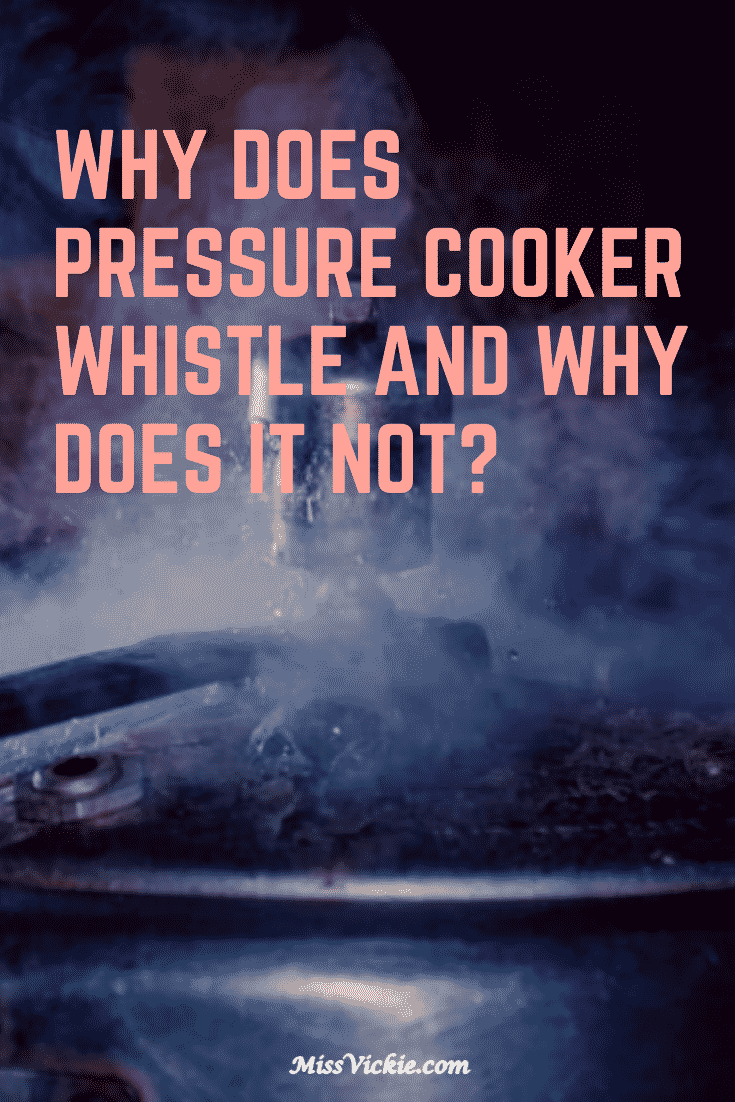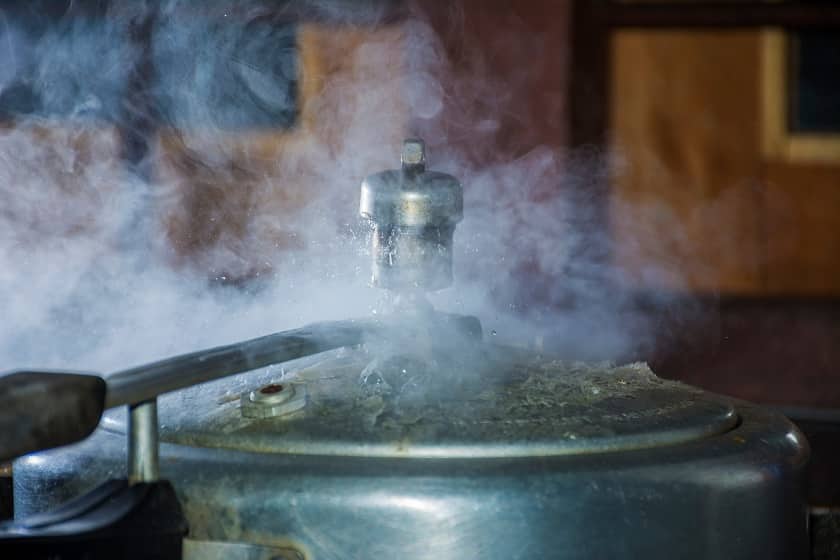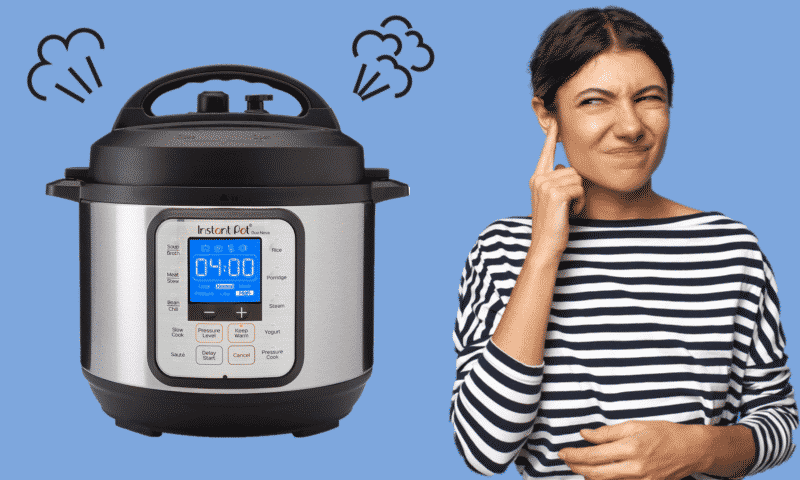
Pressure cookers are great additions to modern kitchens, particularly for those individuals who like to prepare a healthy homecooked meal quickly and without all the stress associated with other cooking techniques. Pressure cookers are the best tools to use when you want to prepare tasty and nutritious meals, and you do not necessarily have a lot of free time to spare.
However, before you start using a pressure cooker, you must educate yourself about these appliances as much as possible to avoid misusing them. One of the precautions you should maintain when using pressure cookers is to pay attention to the hissing or whistling sound produced by some cookers.
Why Does My Pressure Cooker Whistle and Sometimes Not?
Why does your pressure cooker whistle?
Pressure cookers are used worldwide, which means that pressure cooker designs vary from place to place. For instance, the pressure cookers used in India and parts of Asia and Europe are quite different from the pressure cookers available on the American market.
Most pressure cookers available on the American market come with a spring valve. These types of pressure cookers are designed to regulate the pressure using a weight. The weight sits on top of the vent until the maximum pressure is reached inside the pot. The weight then lifts once the pressure has been attained so that it can release any extra pressure.

Some pressure cookers lids are also created with mechanisms to release steam to maintain a safe pressure level at all times. In these pressure cookers, when pressure builds to excessive levels, the safety valves within the lid open to release excess pressure, which results in the rattling or hissing sound.
In most scenarios, electric pressure cookers are the quietest because they are designed to regulate pressure better. However, even electric pressure cookers produce some sounds, although it might sound like hissing more than whistling.
Why is your pressure cooker not whistling?

There are several reasons why pressure cookers produce a hissing sound. For one, a pressure cooker will make this noise if the lid has not been sealed correctly or if the pressure release valve is left open accidentally. If this is the case, the issue must be dealt with and corrected immediately so that pressure within the pot can be maintained and food can cook through evenly.
Pressure cookers may also produce a hissing sound if the pressure is too high. When the pressure is excessively high, the lid will make a hissing sound to alert the cook that the pressure inside the pot needs to be brought down. When this happens, you can stop the hissing sound by reducing the heat, preventing the pressure cooker from hissing like a siren.
Suppose your pressure cooker does not produce any whistling sound once the cooking process is complete. In that case, you should try shaking the valve slightly to release any blockages that may be obstructing the pressure from being removed.
We hope this has put your mind at ease about the strange sounds your pressure cooker sometimes makes. Please let us know if you are worried about any other aspects of this type of cooking.